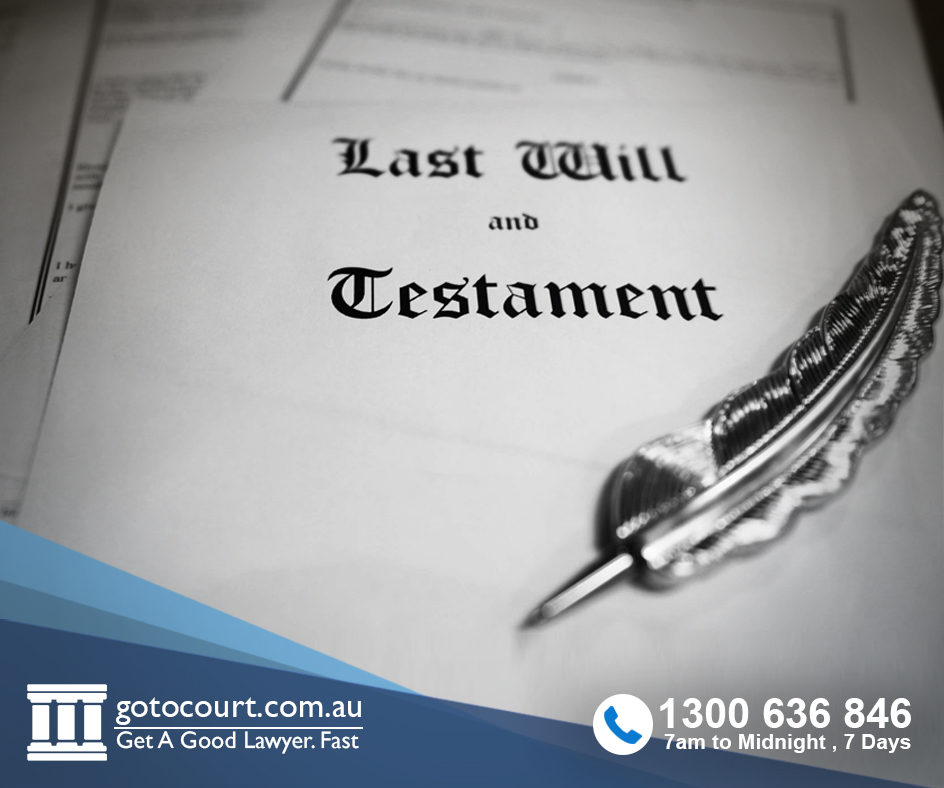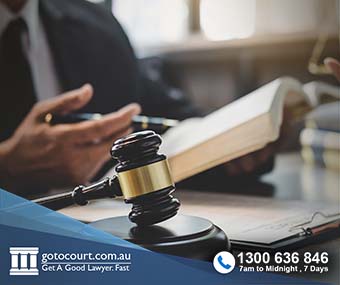Alternative Dispute Resolution (Qld)
Alternative dispute resolution (ADR) is an umbrella term for a variety of means of assisting people and organisations to settle a legal dispute without having to go to court. ADR includes mediation, conciliation, and arbitration and can be used in most types of disputes, including civil cases, family law disputes, and even some criminal cases. This article outlines ADR in Queensland.
Mediation
Mediation is one of the more informal means of alternative dispute resolution. The parties involved meet to discuss their dispute and try to arrive at a compromise or mutually acceptable agreement to settle the issue with the help of a mediator, who is an independent person.
Parties to mediation are allowed to have their lawyers attend only if the mediator approves. They may also be able to bring in experts to help with the resolution of the dispute. If the parties can come to an agreement, the mediator documents what is agreed and gives a copy to each party, and to the court if a court is involved.
If the parties fail to reach an agreement, the discussions that have occurred during mediation cannot be used in evidence in any later court proceedings unless the parties consent.
A mediated agreement can be enforced by a court if it has been documented and signed by all parties including the mediator, or if the parties apply for an order by consent.
If a matter is mediated and subsequently goes to trial, the successful party may be able to obtain an order for the costs associated with the mediation process.
Mediation is usually voluntary; however, many courts and tribunals require parties to utilise dispute resolution procedures to try to settle a matter before applying to the court.
Restorative justice conferencing
Another means of alternative dispute resolution in Queensland is restorative justice conferencing, which is sometimes used in criminal matters.
Restorative justice conferencing is a facilitated meeting that takes place between a person who has been affected by an offence (usually the victim/s) and the person responsible for it (the defendant/s). This gives the victims the opportunity to tell their story and describe how the offending affected them. It also gives the defendant the opportunity to take responsibility for their actions and apologise directly to the victims.
Restorative justice conferencing is generally used in relation to Magistrates Court offences, such as stealing, assault or wilful damage offences, but may also be used in cases where more serious offences have been committed. It is commonly used when young people under 18 have been found guilty of offences but is also used in relation to adult offenders. Whether or not justice mediation can be undertaken depends on the circumstances.
A criminal matter can be referred to restorative justice conferencing at any stage in a court proceeding. Parties can be referred by either the police or a court. Participation is voluntary and the meeting is generally held at the local courthouse or Dispute Resolution Centre. It usually takes about two hours.
Before it begins, mediation staff will talk with the victim as well as the defendant and anybody who is there to support them. The victim may:
- attend the mediation in person
- nominate someone else to attend on their behalf
- write or record a victim statement explaining how they have been affected by the offence.
The offender can then talk to them about what led them to commit the offence and how they might attempt to repair the harm they caused. This may mean:
- returning stolen property
- paying compensation
- repairing damage
- apologising
- agreeing to attend counselling or courses.
After the mediation, if the parties have agreed on what the defendant should do to try to rectify the situation, the mediator helps the parties to commit it to writing. A copy is provided to the referrer who then decides whether the court process should continue.
Conciliation
If a dispute involves workplace discrimination or the provision of services, conciliation may be the form of alternative dispute resolution to use to try to resolve the dispute.
Conciliation assists the parties in identifying the issues, and to discuss possible terms of settlement. The parties receive expert advice from the conciliator, but they cannot decide on the terms of the agreement for them.
Parties are required to try to resolve their dispute through conciliation before a matter will be heard in some courts and tribunals in Queensland.
Collaborative law
A relatively new form of alternative dispute resolution in Queensland, collaborative law requires both parties (and their lawyers) to work together to try to reach a settlement. The parties must try to come to the discussion calmly and be ready to participate fully in a negotiation process.
A participation agreement is signed at the beginning of the process whereby the parties agree to act in good faith, to attend all meetings as required, and to disclose all relevant information. A breach of the agreement may mean that the lawyers will withdraw from the process and will not be able to continue to represent you in any later proceedings.
Although collaborative law can be used for commercial areas, it is most often used in family law matters.
Arbitration
Arbitration is a more formal type of alternative dispute resolution.
An arbitrator’s decision is legally binding on the parties. The parties to the dispute choose an independent qualified expert with the necessary legal and, if necessary, technical knowledge (known as an arbitrator) who acts as the judge.
Arbitration is often used in large commercial disputes, building and construction contracts, and employment matters.
Alternative dispute resolution in Queensland courts and tribunals
Many of Queensland’s courts and tribunals use alternative dispute resolution as part of their standard process. An applicant is required to attempt to resolve their issue through the mandated dispute resolution proceed prior to proceeding to a hearing.
In the Federal Circuit and Family Court of Australia (FCFCA), mediation is compulsory in cases concerning the care and custody of children. A matter can only be heard in the FCFCA if parties have genuinely tried to resolve the dispute through mediation first (subject to exceptions in cases where this is not appropriate).
Some applicants to QCAT are asked to take part in mediation to try to resolve their dispute. If the mediation is successful in reaching a resolution, the process generally ends there. If mediation cannot resolve the situation, the matter will proceed to a Tribunal hearing.
The Building and Construction Industry Payments Act 2004 sets out a process by which parties involved in the building and construction industry can try to sort out payment disputes. The process is overseen by the Queensland Building and Construction Commission, which offers adjudication for payment disputes.
If you require legal advice or representation in any legal matter, please contact Go To Court Lawyers.






